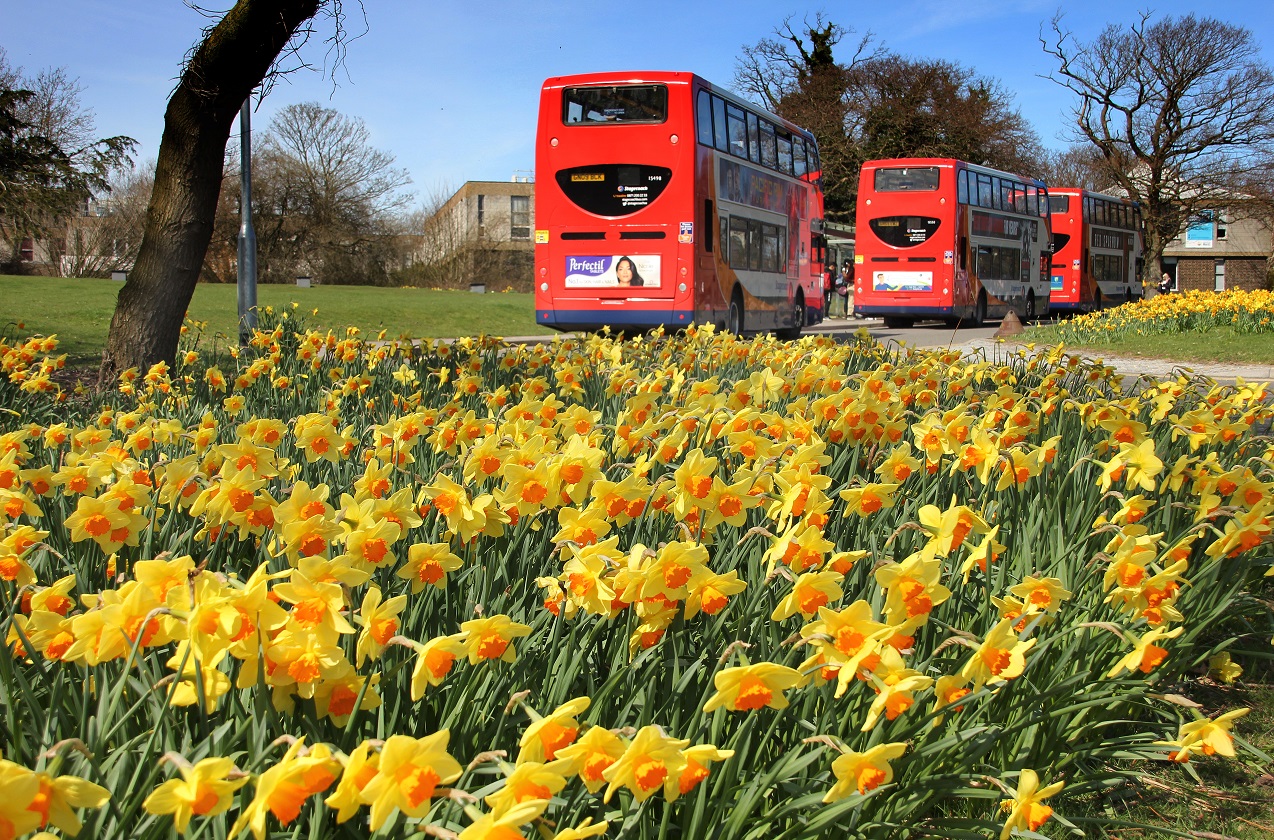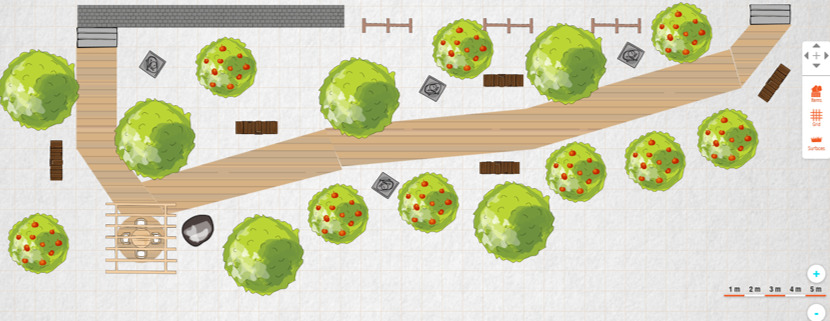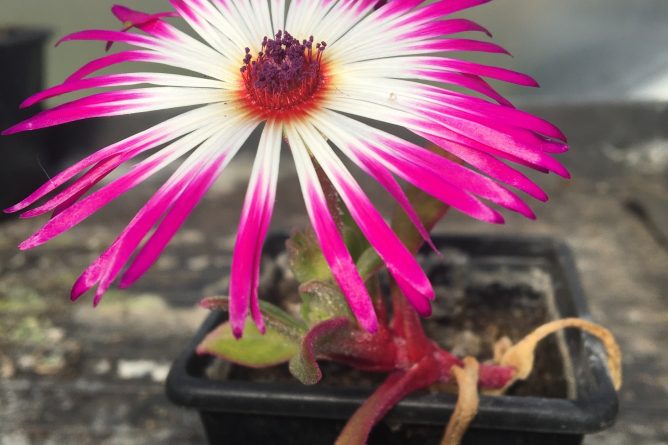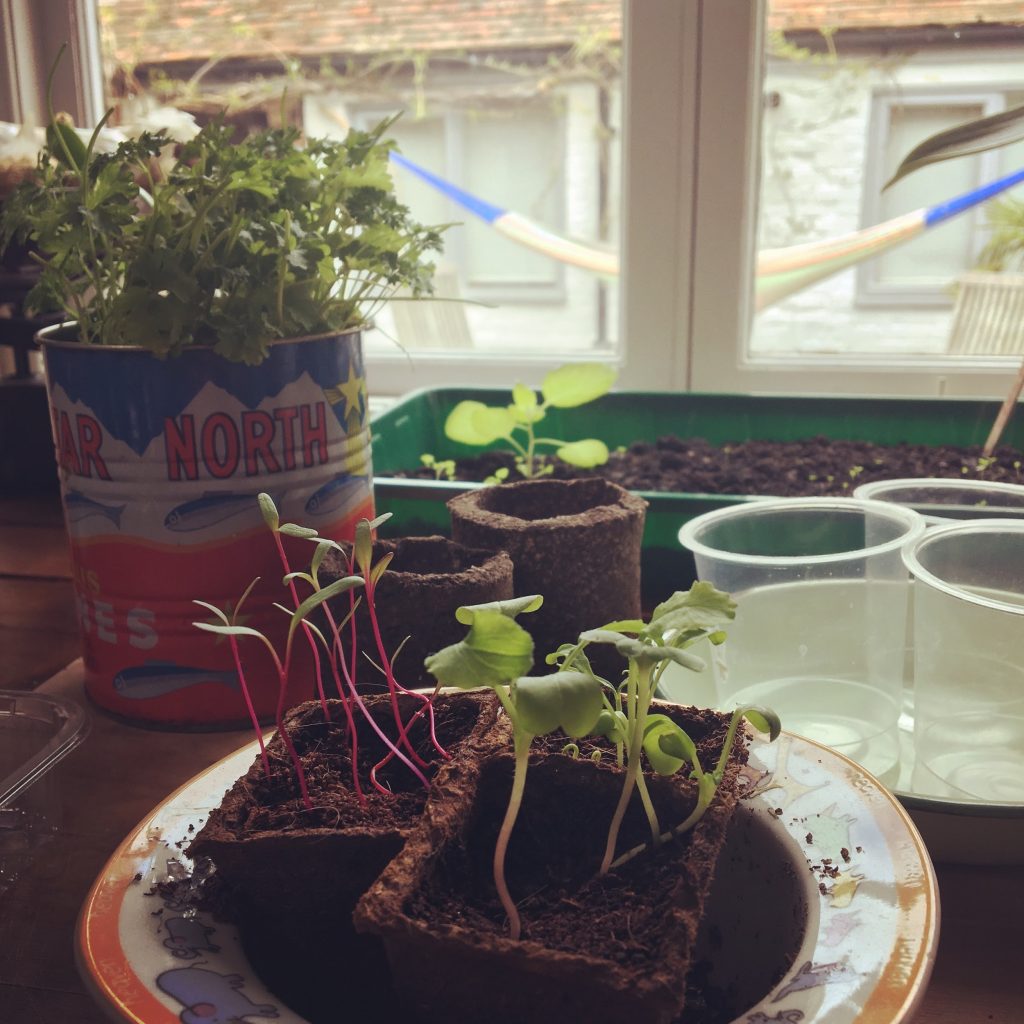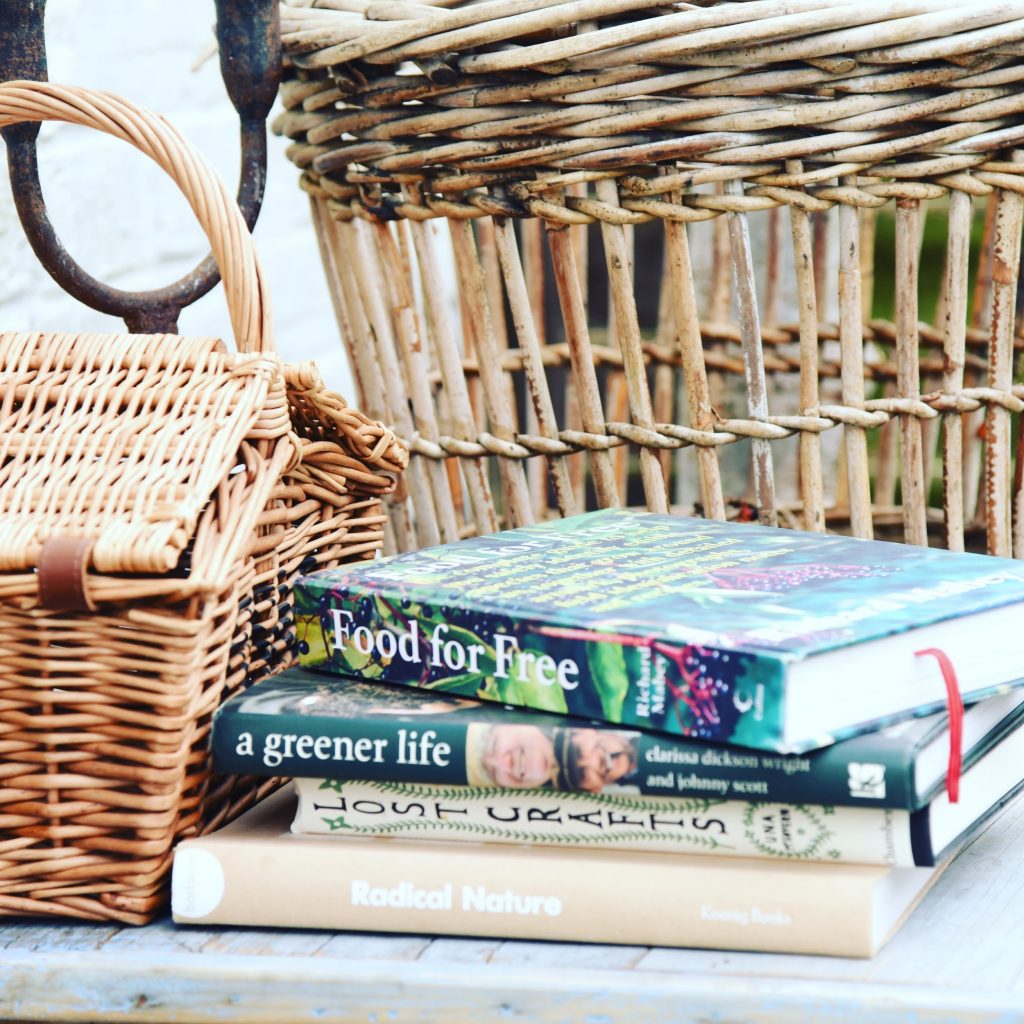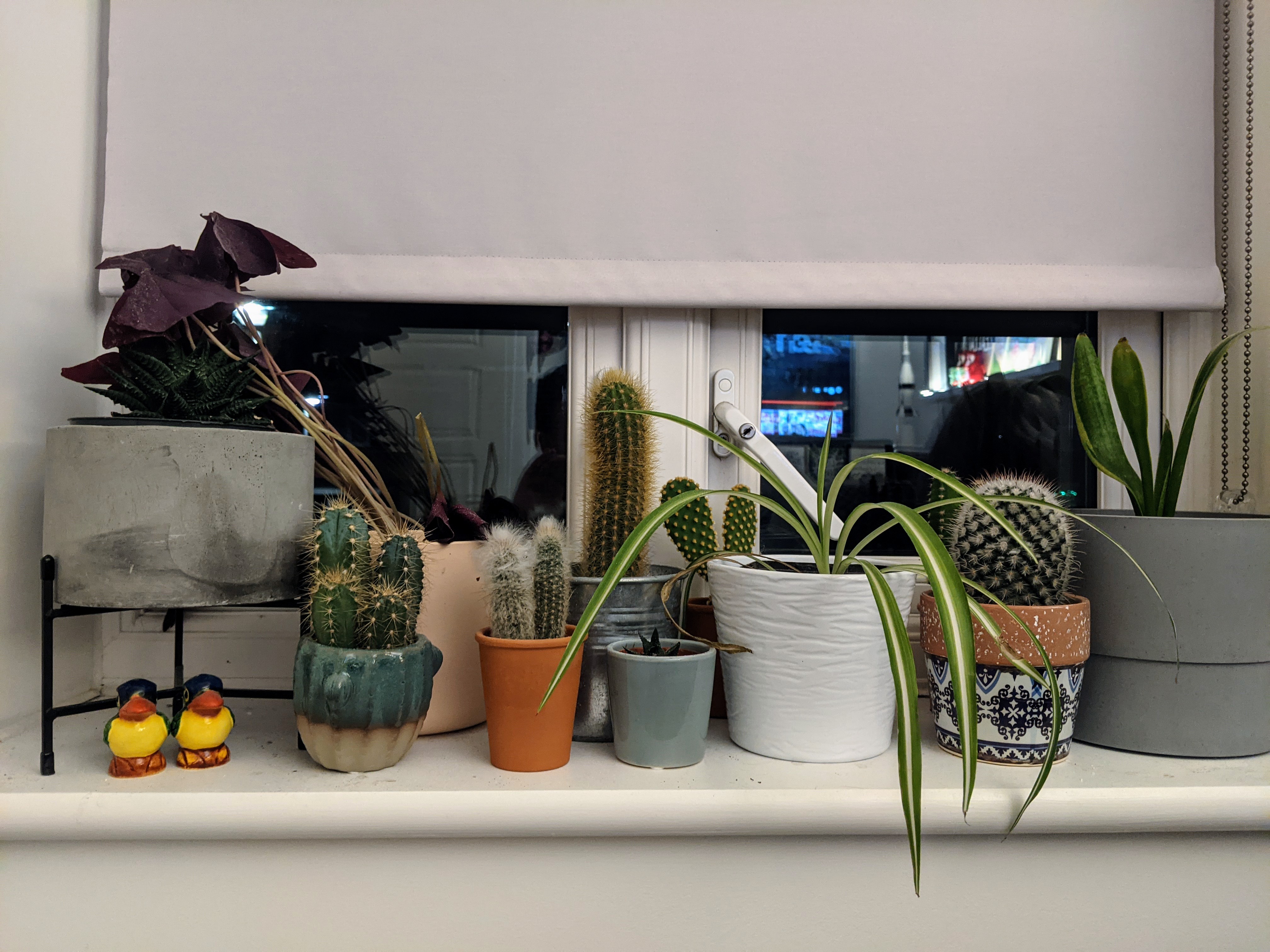
Whether you are working from home, studying remotely or back on campus, there is a simple way of improving your space and creating a routine that is good for you and good for your plants, without the requirement of a garden.
The benefits of having plants indoors are numerous. They do not just look good, there are proven benefits for your health by having house plants around your working environment.
Plants can reduce stress and anxiety and data from scientists, including NASA, has confirmed that many houseplants can purify the air around us. Just the sight of greenery or the sense that you are surrounded by natural things can foster calmness, improved memory and a reduction in stress.
However, some people find the thought of caring for houseplants a bit stressful in itself, and some have seen many former houseplants make their way to the compost heap after struggling to survive in their homes or offices.
Below are some of the easiest plants to keep alive no matter what your office/desk space is like. Hopefully, these will convert even the most hesitant of would-be plant keepers!
Peace Lily (Spathiphyllum)
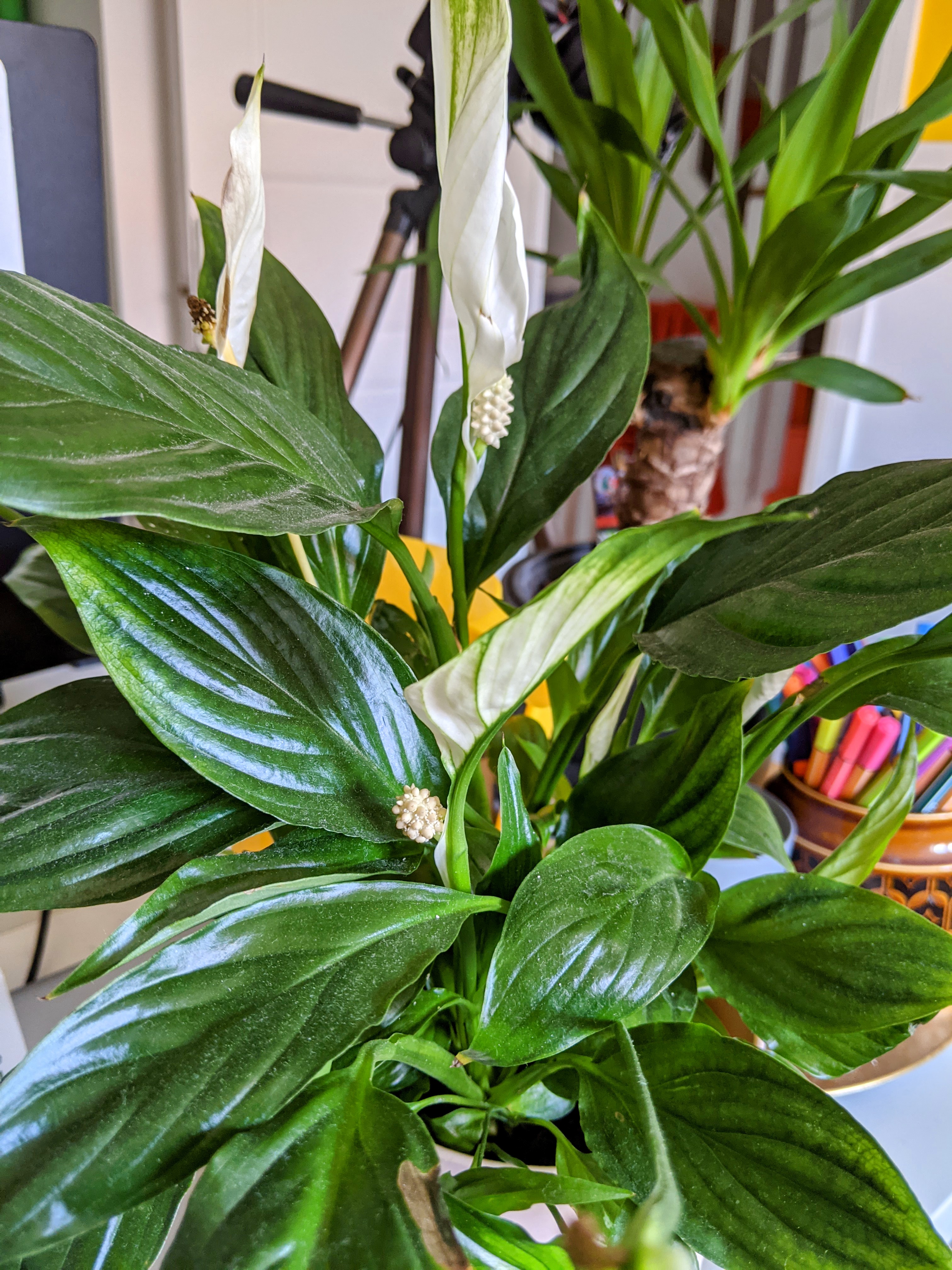
Can survive very well in low light and will tell you when it needs water by drooping its leaves – perfect for people who tend to over water their plants. Peace lilies just need some food during the summer and deadheading of flowers that have faded – chop those brown flowers off!
Peace lilies are great at removing ammonia, benzene and formaldehyde from the air but careful if you have pets about. Lilies are incredibly poisonous!
Snake Plant (Sanseveieria)
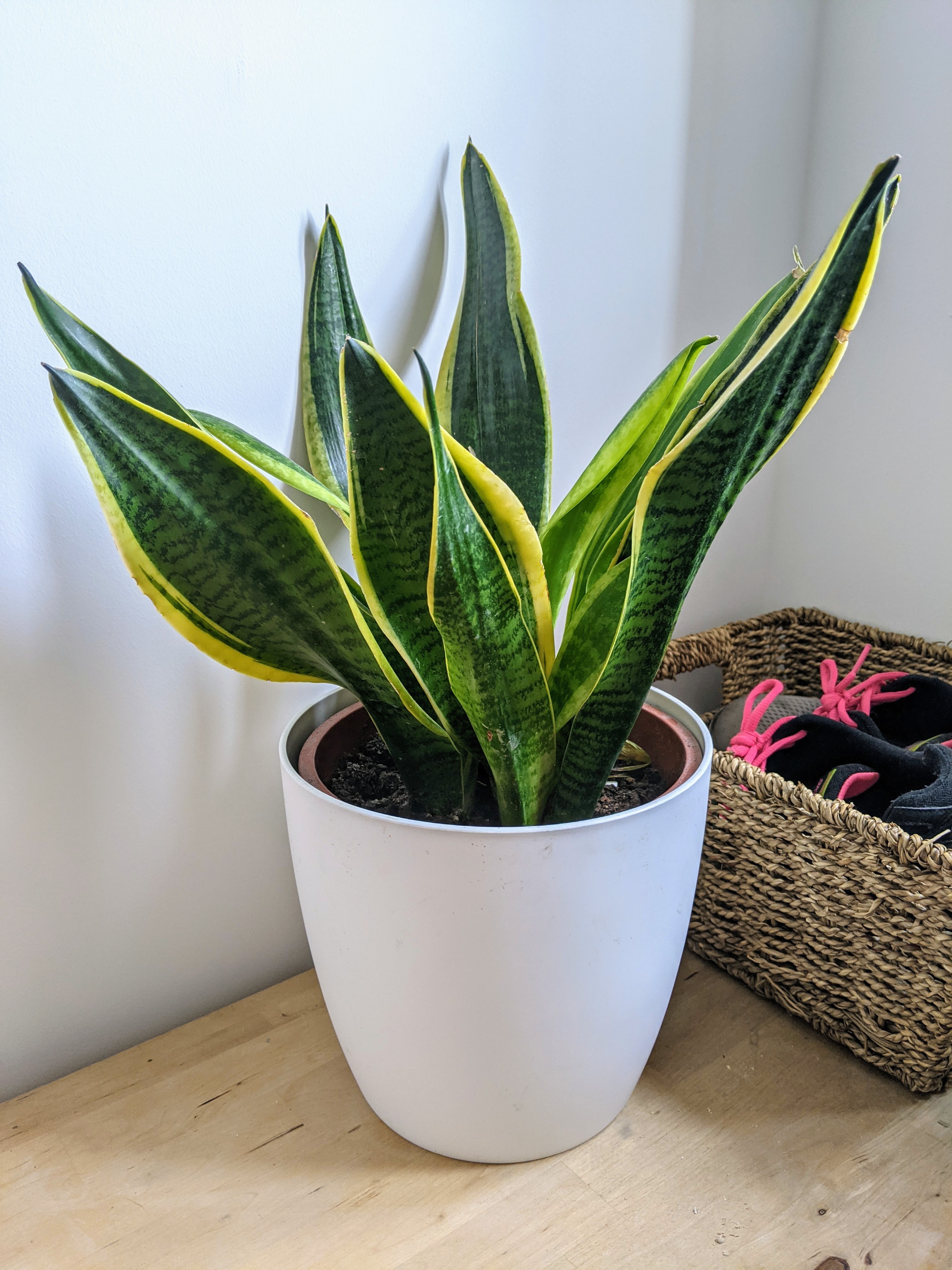
Will survive happily in barely any light but will also flourish in bright indirect sunlight. They thrive on neglect so if that is your style of plant parenting, then this is the plant for you! Snake plants tend to grow slowly so are not going to suddenly take up a lot of space and will actively remove benzene, formaldehyde, trichloroethylene, and xylene from the air.
Devil’s Ivy (Pothos)
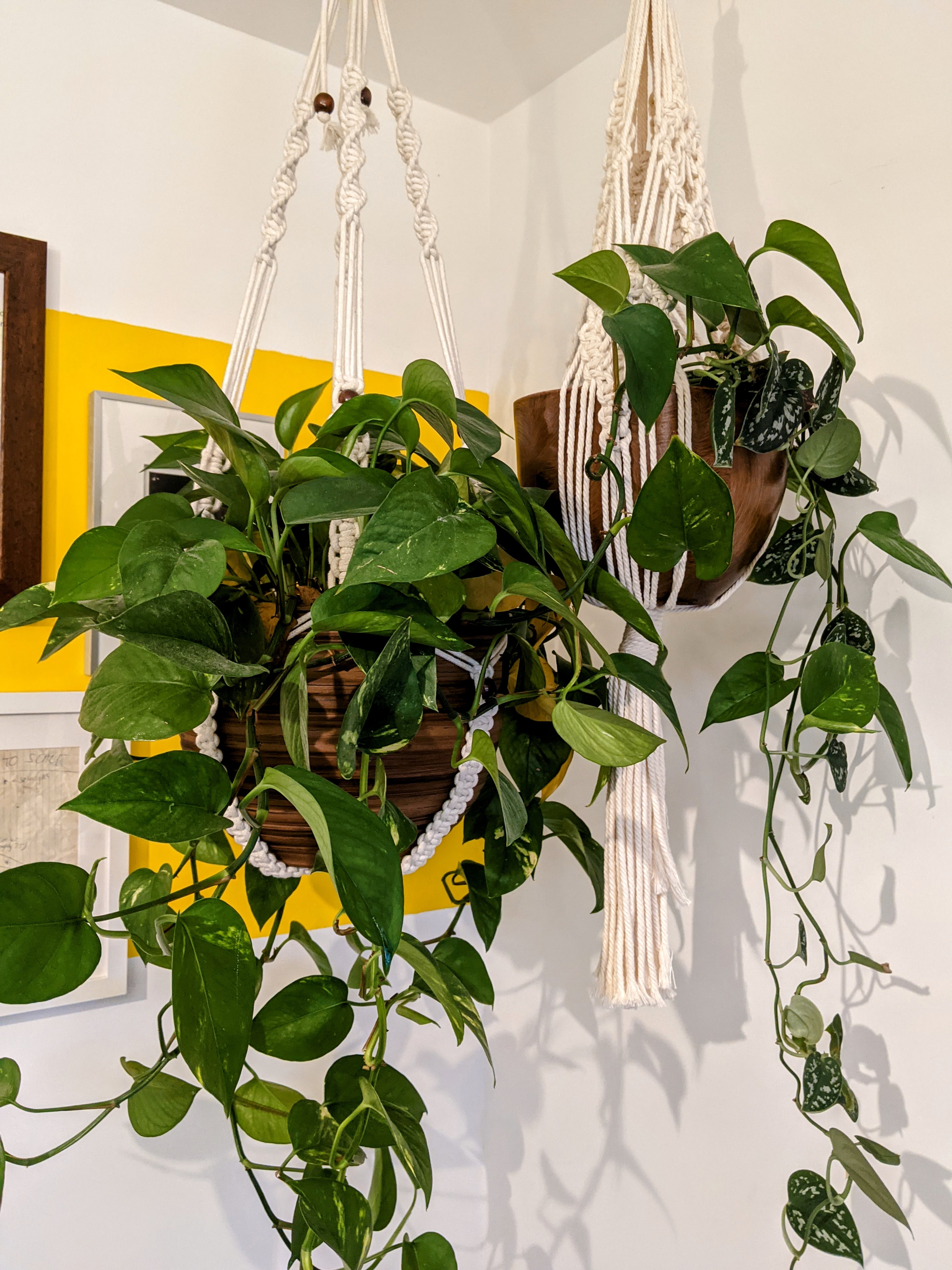
Pothos plants are dramatic, fast growing and virtually indestructible! They are great for people that want an instant lift to their space and can be brought back from the dead by creating cuttings from the plant and starting again. Pothos’ like some humidity, so get a cheap mister or spray bottle and she will appreciate a light mist a couple of times a week.
There are some wonderful youtube channels and other resources that will help you find the right plant for your space and give you advice on how to help the plant flourish. Some of my favourites include:
- Crazy Plant Guy
- Planterina
- And Christopher Griffin (aka Plant Kween) who if you search for, is in lots of other videos and also has a great Skillshare class that includes cultivating a routine
Cultivating a routine
Once you have a plant, or many plants, in your space it is important to create a stress free plant care routine that works for you and your plant. Your plant will need watering as well as occasional feeding, checking for pests and problems, misting where needed and pruning and repotting when the time is right.
By creating a routine to care for your plants, not only are you giving them the care they need, but I find, the time I spend weekly carrying out their basic maintenance is a great time for my own mindfulness and relaxation. At last count I have 37 houseplants and so it takes me about 45mins a week to get round them all, checking their soil, watering them and making sure they are happy. That is 45 minutes where I am completely focused on a simple task that brings me joy for the whole week being surrounded by healthy plants. 45 minutes where I am completely in the moment and not worrying about anything else.
Your routine could be as simple as Monday morning, when you make that first cup of tea, spending 5 minutes whilst you wait for your tea to cool, checking how your snake plant is getting on and giving it a drink.
Best place to find house plants
If you have a friend or colleagues that loves houseplants, chances are they are cultivating new plants from cuttings/propagation. You may be able to get some starter plants for free or a small charge. There are lots of great websites for plants but these can be quite pricey so I would recommend some smaller independent shops. Two that I like in East Kent are Marmarmargate and the Plantlet Shop. If you have any other recommendations, please do let me know, especially if you know of any places in the Medway area.
I would suggest avoiding some of the larger garden centres/DIY stores for houseplants as often they are root bound and where they have been allowed to sit water are often suffering the beginnings of root rot which is setting you up for failure if you are not confident in dealing with this.
I hope that this National Gardening Week gives you the inspiration and motivation to start creating your own cultivated green corner, even if it is on your desk.
